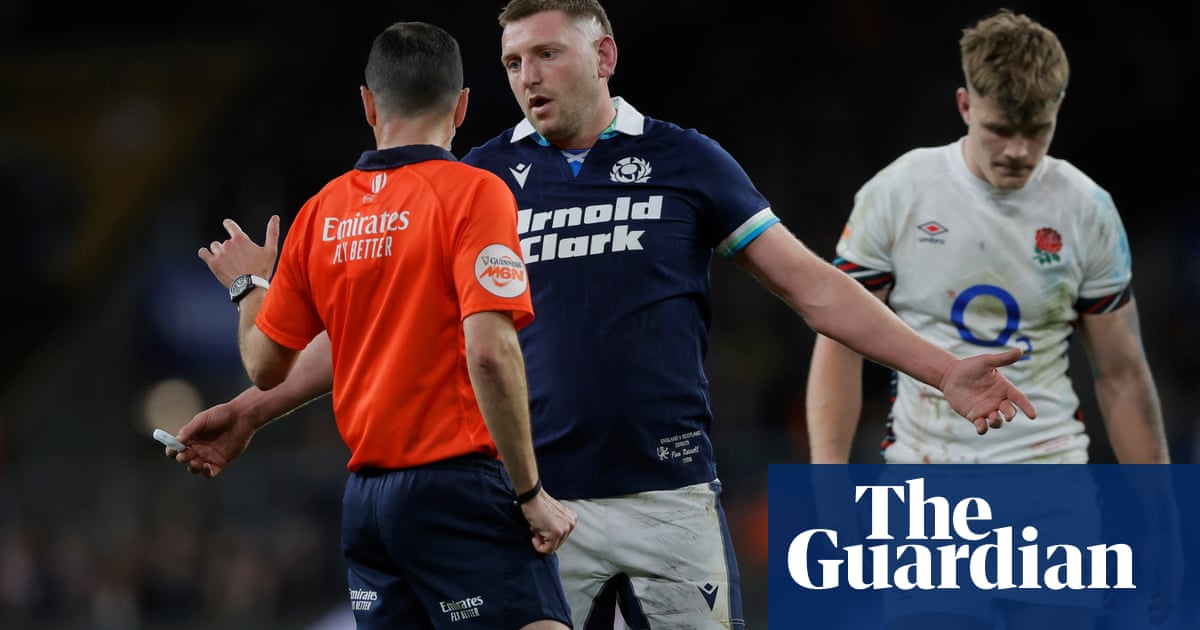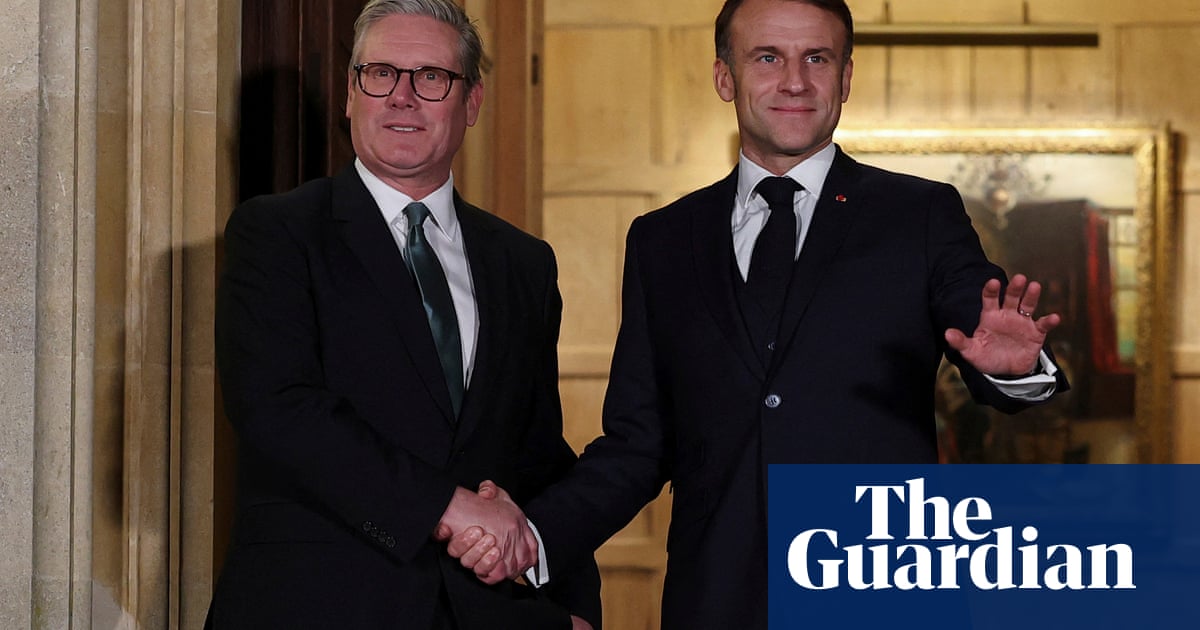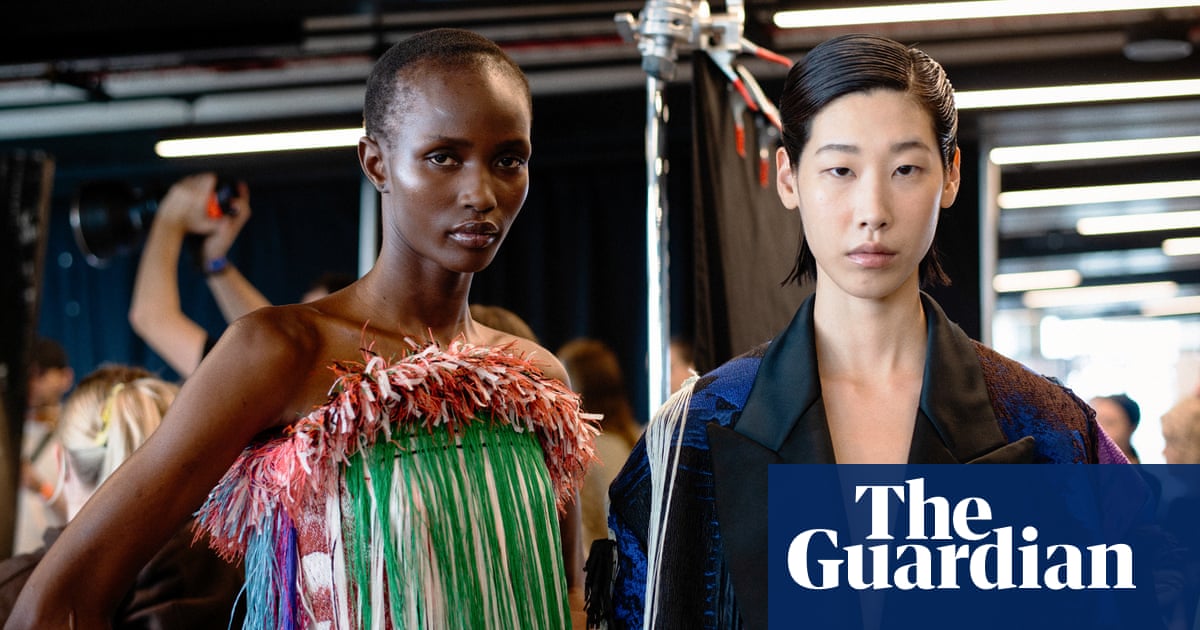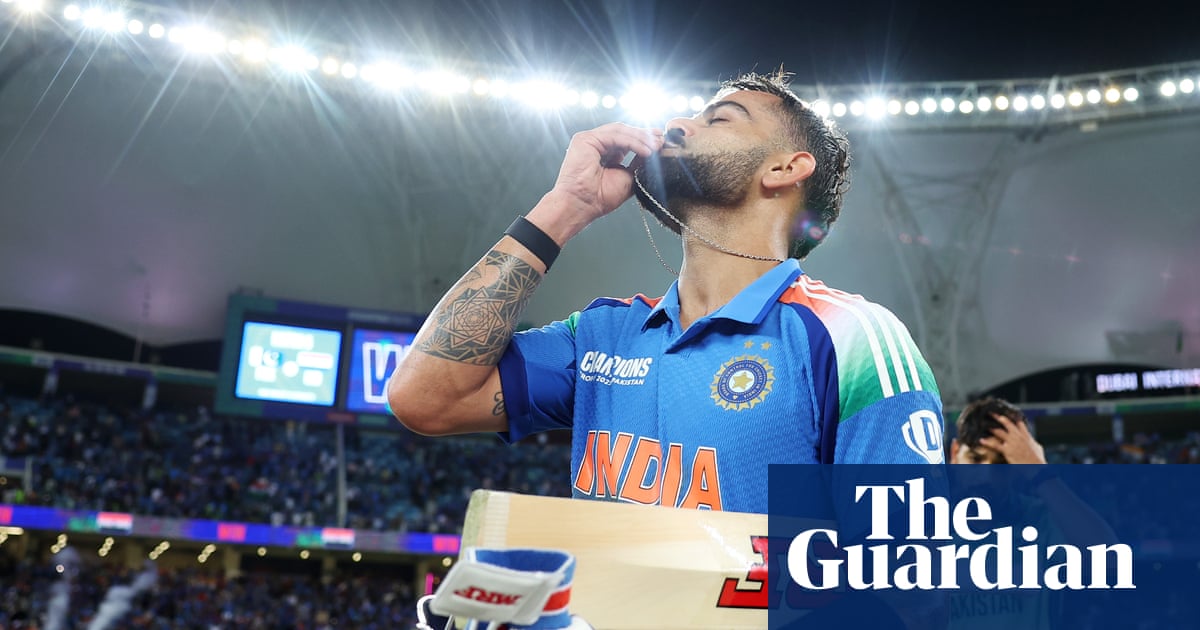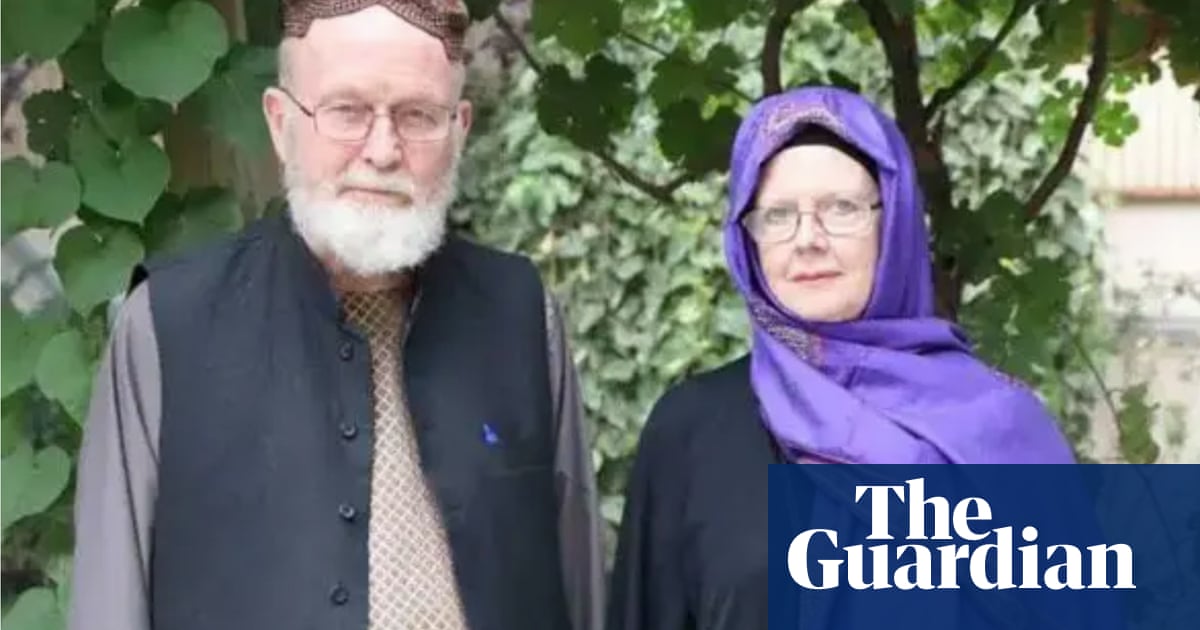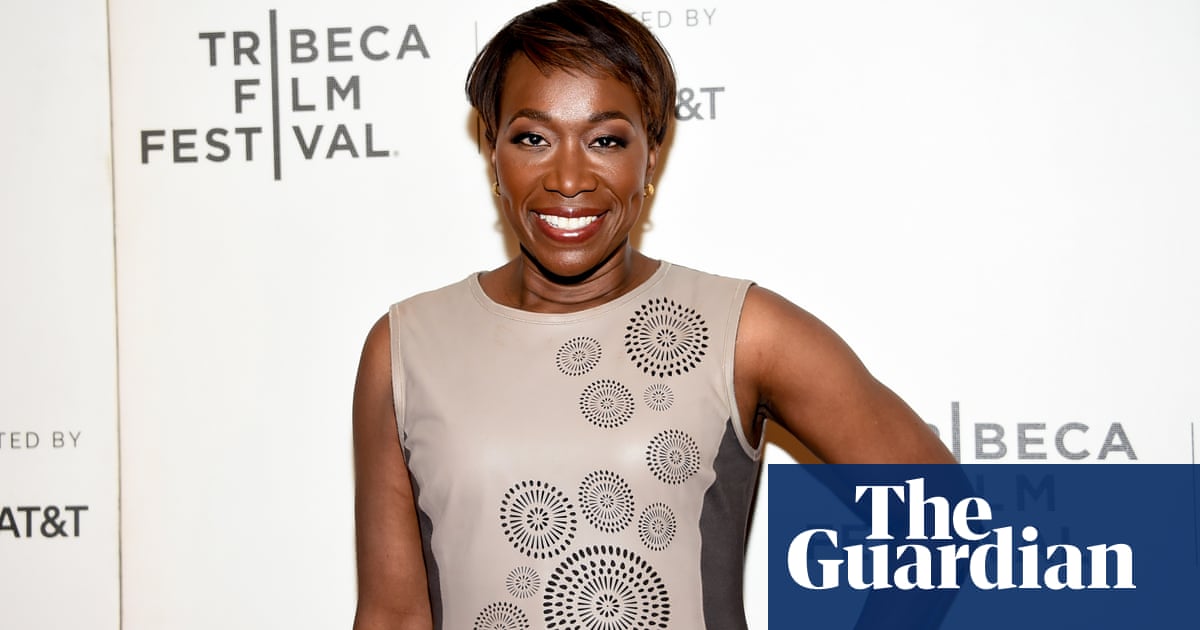It’s become an easy and overdone coping mechanism to speak of reality as if it is television. Donald Trump, who gilded his “businessman” reputation on reality television, was the entertainer in chief, a man who built his political career on insult comedy and “just kidding” jokes. His first administration was the show that we were all watching, each frenzied day an increasingly unhinged new episode. After he left office, the unreal spectacle of January 6 lit up television and phone screens for weeks. A second matchup between Trump and Joe Biden was the sequel few wanted, the last-minute swap for Kamala Harris, a briefly invigorating plot twist. And Trump’s victory this month, after a presidential campaign defined more by memes and podcast appearances than traditional media, played out on TV as a muted reboot of 2016.
It’s a sentiment that echoed across late-night comedy, which has struggled for nearly a decade with how to handle Donald Trump and, more broadly, what the mandate for topical TV comedy is in the post-truth, un-reality era. “Reboot culture has gone too far, and I say that as the host of a show that was rebooted,” said the After Midnight host Taylor Tomlinson, now the only full-time female host in late-night, in her monologue the night after the election. “It is an honor to be on television while women are still allowed to be,” she added. On the Late Show the same evening, Stephen Colbert, generally the political average of late-night hosts for the past two terms, was blunter: “Well, fuck. It happened again.”
He’s not alone in this feeling of pervasive, wearying deja vu. Late-night television, and institutional comedy at large, has always tried to reflect the national mood – or, in this polarized era, about half the nation’s mood. And the mood this year is tired. Everything that could be said about Trump as a character has already been said. Aside from everything else, Trump was a monkey’s paw for institutional comedy – an initial boon for ratings, and then a rut of self-righteousness, limp jokes (Jimmy Fallon), repetitive rants (Seth Meyers), moral outrage (Stephen Colbert), self-important beefing (Jimmy Kimmel), and prosthetics-heavy re-enactments (Saturday Night Live). And that was before Trump announced the deeply unsurprising reboot of his presidential campaign.
All the while, the comedy world in general has shifted rightward. Much ink has now been spilled on how the cultural “manosphere” – an amorphous network of wildly popular podcasters, YouTubers, Twitch streamers and meme accounts – has essentially become Fox News for young people, without the baggage of the establishment. As these figures – Joe Rogan, Theo Von and the streamer Sneako, just to name a few – make figures like Trump palatable through the guise of comedy and “just asking questions”, the comedy establishment is once again at a crossroads: how do you handle another Trump presidency? When American voters hand you the reboot no one in your audience wanted, do you change tack? When political comedy has proven so futile, and the implications of the incoming administration are so deeply unfunny, where do you find the jokes?
I’m admittedly a little jaded. I’ve watched nearly every late-night monologue for the past six years for work, and written multiple times about how the institution could or would adjust to Trump’s shifting political fortunes. I haven’t seen much change. Late-night comedians are really still joking about Trump’s insipid children, his strained relationship with Melania and, in the case of Kimmel, his weight (fatphobia will not die in this country!). Saturday Night Live is still doing starry cold opens that are more box-checking for impressions, cameos and costumes than humor (though the post-election cold open, in which cast members pretended to have supported Trump the whole time, was a rare fresh political moment for the 50-year-old show). Especially since Trevor Noah’s exit from the Daily Show, late-night comedy remains overwhelmingly white and male. A wave of more experimental shows fronted by not white male hosts – The Nightly Show with Larry Wilmore, Patriot Act with Hasan Minhaj, Wyatt Cenac’s Problem Areas, The Break with Michelle Wolf, Ziwe, Pause with Sam Jay – all failed to catch on. Even Jon Stewart, who left The Daily Show in 2015, is back, albeit one night a week. Institutional comedy has long been in reboot mode.
Which is not to say there isn’t still value to the enterprise. As I’ve argued for years now, late-night comedy, particularly during Covid and the madness beyond, has proven to be less funny than helpful in processing a daily churn of often un-processable events. Jon Stewart pioneered the role of late-night host as media studies professor, keeping tabs on the lies of rightwing institutional media and cutting through the corporate speak of mainstream news. In his wake, late-night monologues can and have served a similar function, stating plainly the insanity of, say, pushing Matt Gaetz as attorney general, or Elon Musk acting as unofficial co-president. (And, for what it’s worth, Meyers reacting to an old clip of the defense secretary pick accidentally throwing an axe way off target in Times Square made me laugh.) Stewart was one of the first hosts to openly speculate about Biden’s fitness for office – controversial even just nine months ago and now de rigueur for election postmortems. The Daily Show alum John Oliver has made an Emmy-lucrative career out of using no-bullshit, morally guided humor to explain obscure or complex yet pressing issues.
But what next? Less than a month out from the election, it is still, of course, too soon to make proclamations, though the hosts have promised at least some of the same. While noting, with plenty of chagrin, that “it’s really hard to see a bright side here” the night after the election, Colbert promised more jokes, “because that’s what we do”. Meyers also promised jokes, as well as to “stand in solidarity with our friends, with our neighbors, with the vulnerable communities”. Stewart assured that “this is not the end”, and Kimmel maintained his pugilistic stance of needling Trump’s ego. Gone are the days of Colbert not mentioning Trump by name, as if he was Voldemort. Instead, he and the other hosts have demonstrated at least some interest in spreading focus to those that enable Trump or contribute to his power – Musk, Fox News, Rogan, the Republican party, etc – rather than burrowing focus on the spray-tanned man himself.
Will it be enough to maintain a shrinking audience amid the deinstitutionalized, centrist-right comedy boom? Is it enough in institutional comedy now to cater to a small but loyal one? Can any of this be funny? Given late-night comedy’s track record, I would say the odds are not in its favor, though it has become, ironically enough, a pretty good source of news. But it’s worth remembering that none of this – the current political reality, the dead-end of political jokes, the future of comedy – is inevitable.

 2 months ago
58
2 months ago
58


